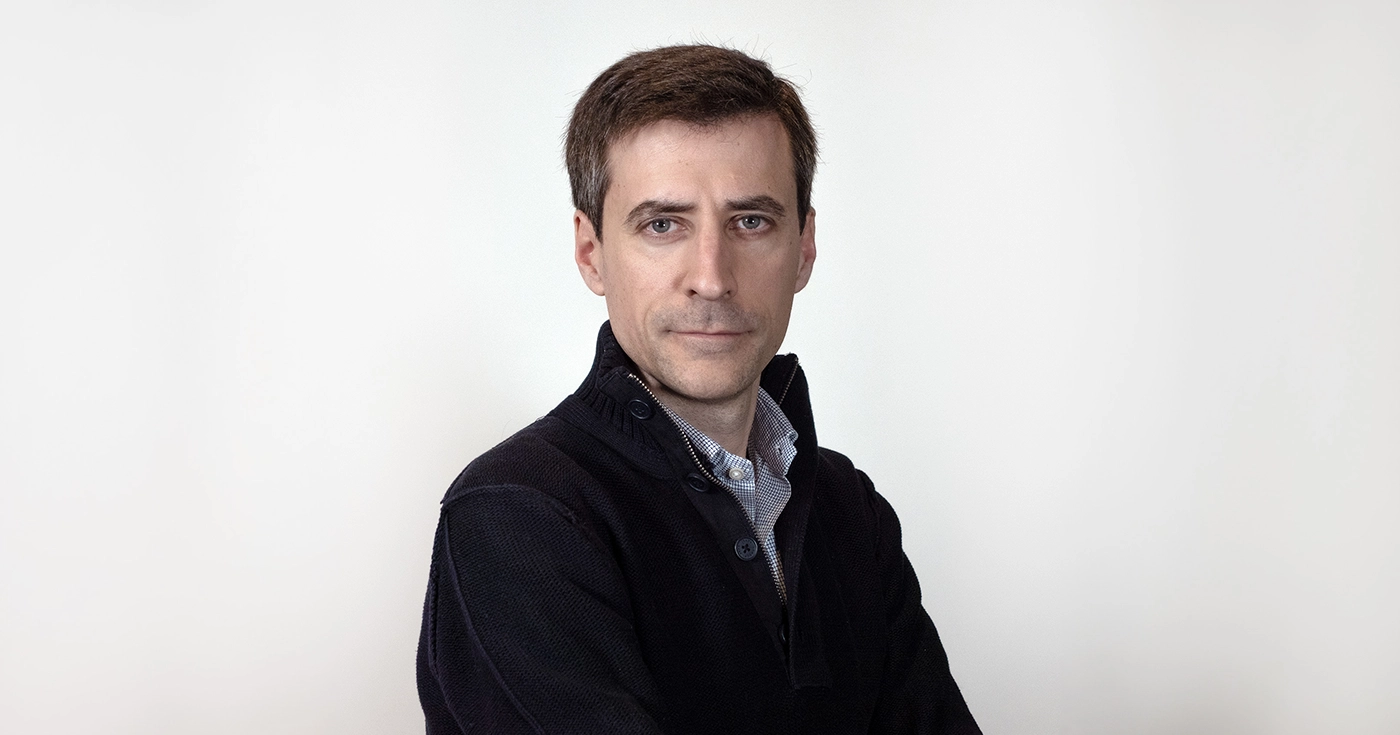
“Investing is essential for good financial health”
Last Updated on 23 October 2024 by Equipo Urbanitae
Communication is a key ingredient in any company’s strategy—especially in the digital age. In a company like Urbanitae, which manages investments and therefore depends heavily on trust, communication is more than just a tool. This blog is only a part of that strategy, which aims to both inform readers about real estate news and offer useful tips or recommendations to help them improve their finances. Today, we talk with the person responsible for the content of this blog, Gonzalo Urdiales, Content Specialist Manager at Urbanitae.
How would you describe your role at Urbanitae?
My role has evolved since I joined Urbanitae at the end of 2021. Initially, I was going to be responsible for the blog, and I still am. I define the content that is published, and I write a portion of it myself, as well as monitoring SEO and fixing performance issues. But I also play a part in different areas of the company’s communication, such as publishing press content, writing landing pages or the corporate dossier, compiling Urbanitae’s public statistics, and, in general, handling everything related to the textual identity of the brand. I even record podcasts.
What are your challenges when creating content for the real estate investment sector?
I think the main challenge is to be accurate. I don’t have a specific background in finance, so I’ve been learning on the go. The most important thing for me is that the content is correct, clear, and educational, especially when it comes to financial education or investment decisions. I believe that, just like me, anyone can learn the basics of saving and investing, and it’s never too late to start. This blog aims to be useful in that journey.
Where is the line between marketing and communication?
The line is sometimes very thin. Obviously, marketing is geared toward selling; in our case, attracting potential investors and increasing our base. In this sense, communication and marketing can go hand in hand. At Urbanitae, we’re fortunate that we strive to do things well, so the results usually follow, and it’s not difficult to explain what we do and report on our performance. That said, I come from journalism, and whether it’s because of that or not, I tend to place great importance on data, precision, and clarity—sometimes with more “intensity” than marketing might require.
“Just like me, anyone can learn the basics of saving and investing. It’s never too late to start.”
You studied Political Science. How did you end up at a real estate investment platform?
Well, politics and economics aren’t so far apart… The truth is, I always wanted to write because I thought I was better at that than other things. So, after some hesitation—I was enrolled in Computer Engineering at one point—I opted for Political Science over Journalism. I got lucky and landed a job at one of the country’s leading financial newspapers, El Economista, where I’ve spent most of my career. While at the newspaper, I gradually shifted toward corporate and institutional communication, and at Urbanitae, I’ve had the chance to combine all those facets… and add a few more.
How do you approach content creation for such a diverse audience, from small investors to finance experts?
Well, it’s a challenge, because as I mentioned, I’m not a finance expert myself. But I think it’s possible to offer value to all these audiences by focusing on different aspects of investment and the real estate sector. A more advanced reader might be interested in knowing whether the luxury segment and investment in cities like Marbella are good options for their money, while others may benefit from understanding whether it’s better to pay off their mortgage or invest. Or the opinions of experts like Bogle or Daniel Lacalle, which we feature on the blog.
What would you say is your biggest takeaway from your time at Urbanitae?
I think the most important lesson is the importance of taking care of personal finances. Since joining Urbanitae, I’ve read a lot about investments, and I really like a quote from John Bogle in his Little Book of Common Sense Investing: “We know that investing involves risk. But we also know that not investing dooms us to financial failure.” I think that’s a good summary of what everyone should know: investing is necessary for good financial health. Although it’s essential to familiarize yourself with some basic concepts—and we talk a lot about that in the Learn section—you don’t need a lot of sophistication to invest successfully, as long as you take a long-term approach.
“Working at the leader in the sector in Spain and experiencing things like sponsoring ‘The Phantom of the Opera’ makes working at Urbanitae quite an experience.”
What motivates you most about working in an environment like Urbanitae?
Although the company is over seven years old, Urbanitae still maintains its startup spirit in the sense that there are new projects and ideas all the time. That speed and innovation, although sometimes stressful, is one of the things I appreciate most about Urbanitae. There are plenty of opportunities to learn and grow. Also, I must admit that working for the leader in the sector in Spain and witnessing things like the sponsorship of “The Phantom” makes working here quite an experience. I can’t forget to mention my colleagues, who are the best I could ask for.
Besides investment books, what do you usually read? Any recommendations?
I don’t have much time to read, in general, but I’m good at taking advantage of my commute on the subway, and sometimes I even read while walking. I read more essays than novels, and I tend to like books on economics, politics, and history. To suggest something beyond investment books, I’d recommend The Revenge of Power by Moisés Naím, a book from two years ago about the degradation of democracies that, sadly, always seems to be relevant.

